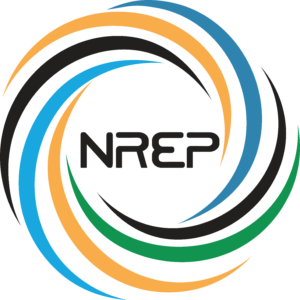Bushenyi District, just like other districts in Uganda has, for generations relied heavily on firewood and charcoal for cooking. In many households, the three-stone fire remains the norm, a tradition deeply embedded in daily life but one that comes at a high cost on health, the environment, and household income. Kitchens often bear the signs like soot-darkened walls, smoke-stained roofs, and indoor household air pollution. Although Electric Pressure Cookers (EPCs) and other electric cooking technologies have been available in Uganda for several years, many households remain uncertain about their ability to prepare traditional meals without sacrificing taste, speed, or affordability.
From 3rd to 9th August 2025, the National Renewable Energy Platform (NREP), in partnership with the Ministry of Energy and Mineral Development (MEMD) and the Uganda National Alliance on Clean Cooking (UNACC), with support from UKAID through the Modern Energy Cooking Services (MECS), rolled out a clean cooking awareness campaign in Ishaka. At the heart of this campaign was a one-day workshop held at the Ishaka Division Offices, aiming at raising awareness, challenging persistent myths about electric cooking, and giving participants first- hand cooking experience with Electric Pressure Cookers and other modern cooking solutions for example solar stoves, improved cookstoves, air fryers, induction cookers, among others. The gathering brought together a diverse mix of local leaders, community representatives, and residents that were all eager to explore safer, cleaner, and more efficient ways to prepare the meals that define their daily lives.
Key Highlights and Observations
The workshop opened with remarks from Dr. Paul Nduhuura the Head of Research and Capacity Building at NREP, who engaged participants in an interactive discussion about the state of their kitchens. Responses revealed widespread reliance on three-stone fires and firewood, with many participants lamenting the smoke damage to their homes. Dr. Paul drew a direct link between the soot on their roofs and the smoke in their lungs, emphasizing that traditional cooking methods not only harm health but also accelerate environmental degradation and drain household resources.
He highlighted that EPCs can prepare over 80% of Uganda’s favorite dishes including matooke, beans, and beef while saving time, reducing electricity consumption, and allowing multitasking. “The technology also helps prevent food burning, conserves water, and operates on a timed menu”, he added.
Mr. Abbot Mwebaze, Senior Environmental Officer Bushenyi-Ishaka Municipal Council reinforced the environmental urgency, citing National Forestry Authority data showing that Uganda loses approximately 122,000 hectares of forest annually, largely due to firewood and charcoal use. “If we are to safeguard our forests and our future, we must change how we cook,” he urged.
The Senior Assistant Town Clerk, Ms. Prima Kushemererwa, encouraged participants, especially women, to become clean cooking champions in their communities, sharing knowledge of both the dangers of traditional cooking and the benefits of cleaner technologies.
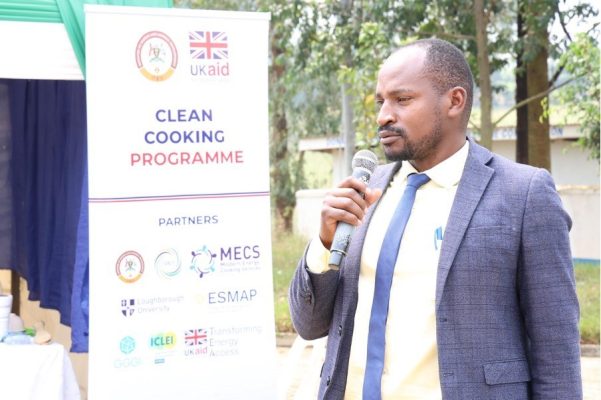
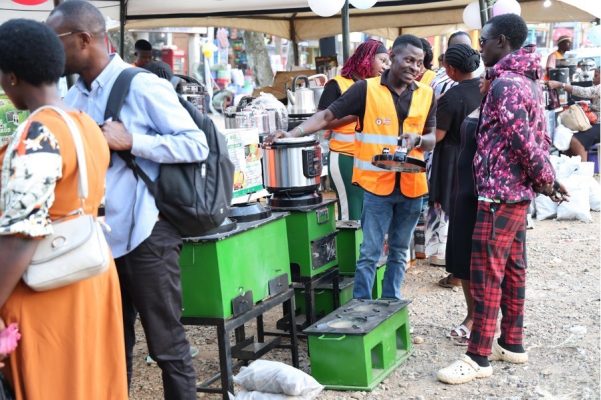
Live Demonstrations and Learning Moments
Under the guidance of Ms. Jackie Namaadi from UNACC, participants received practical training on EPC operation and maintenance. They watched as matooke, beans, and beef were prepared, observing the speed, flavor retention , and efficiency.
Participants also had the opportunity to ask questions and share suggestions, including establishing a local EPC distribution point in Bushenyi, involving SACCOs and organized groups in adoption campaigns, and introducing subsidies to make the appliances more affordable.
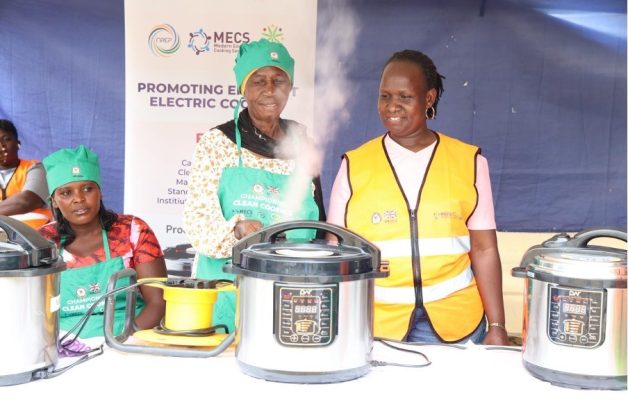
Focus Group Discussions – Barriers and Solutions
During the focus group session, three(3) groups were formed and participants discussed the challenges slowing clean cooking adoption and proposed recommendations to address them. Some of the key challenges identified included;
- Affordability: High appliance and electricity costs (both upfront and maintenance).
- Awareness: Limited civic education and misconceptions about electricity use and cooking speed.
- Technical: Shortage of trained technicians and limited appliance
- Accessibility: Lack of nearby distribution points, with some areas still lacking
- Reliability: Frequent load shedding and electricity
- Mindset and Perceptions: Fear of high bills, risks, and loss of traditional cooking methods.
Proposed solutions included:
- Opening local distribution outlets and ensuring adequate EPC
- Subsidizing equipment and introducing “pay-as-you-cook” or loan
- Running sustained community sensitization in local languages via radio, social media, and churches.
- Training more technicians for appliance repair and
Expanding rural electrification and ensuring a constant power supply.
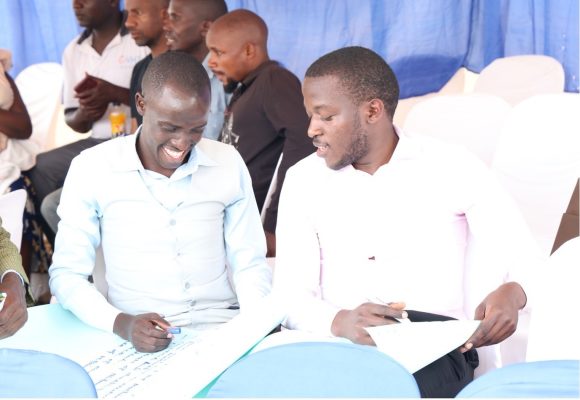
Behavioral Change and Sustainability
The workshop fostered a spirit of commitment among participants, with many pledging to promote clean cooking in their villages and households. Leaders agreed to integrate clean cooking messages into community gatherings, local council meetings, and women’s group activities.
Recommendations for sustaining momentum included strengthening public-private partnerships to improve supply chains, involving microfinance institutions for flexible payment plans, and advocating for tariff reductions on clean cooking appliances.
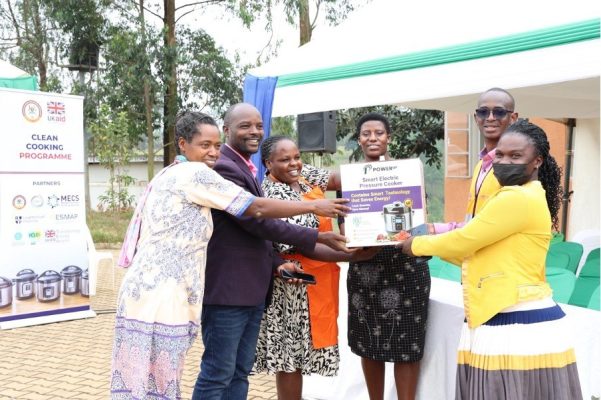
Conclusion and Next Steps
The Bushenyi clean cooking outreach was more than an awareness event, it was a catalyst for change. By combining practical demonstrations, open dialogue, and collaborative problem-solving, the initiative helped shift perceptions from skepticism to curiosity, and from curiosity to acceptance.
With continued follow-up, targeted awareness campaigns, and expanded access to technology, Bushenyi is poised to become a model district for clean cooking adoption in western Uganda. As Dr. Paul remarked, “Changing how we cook is not just about convenience, it’s about saving lives, protecting our forests, and giving our families a healthier future.”


